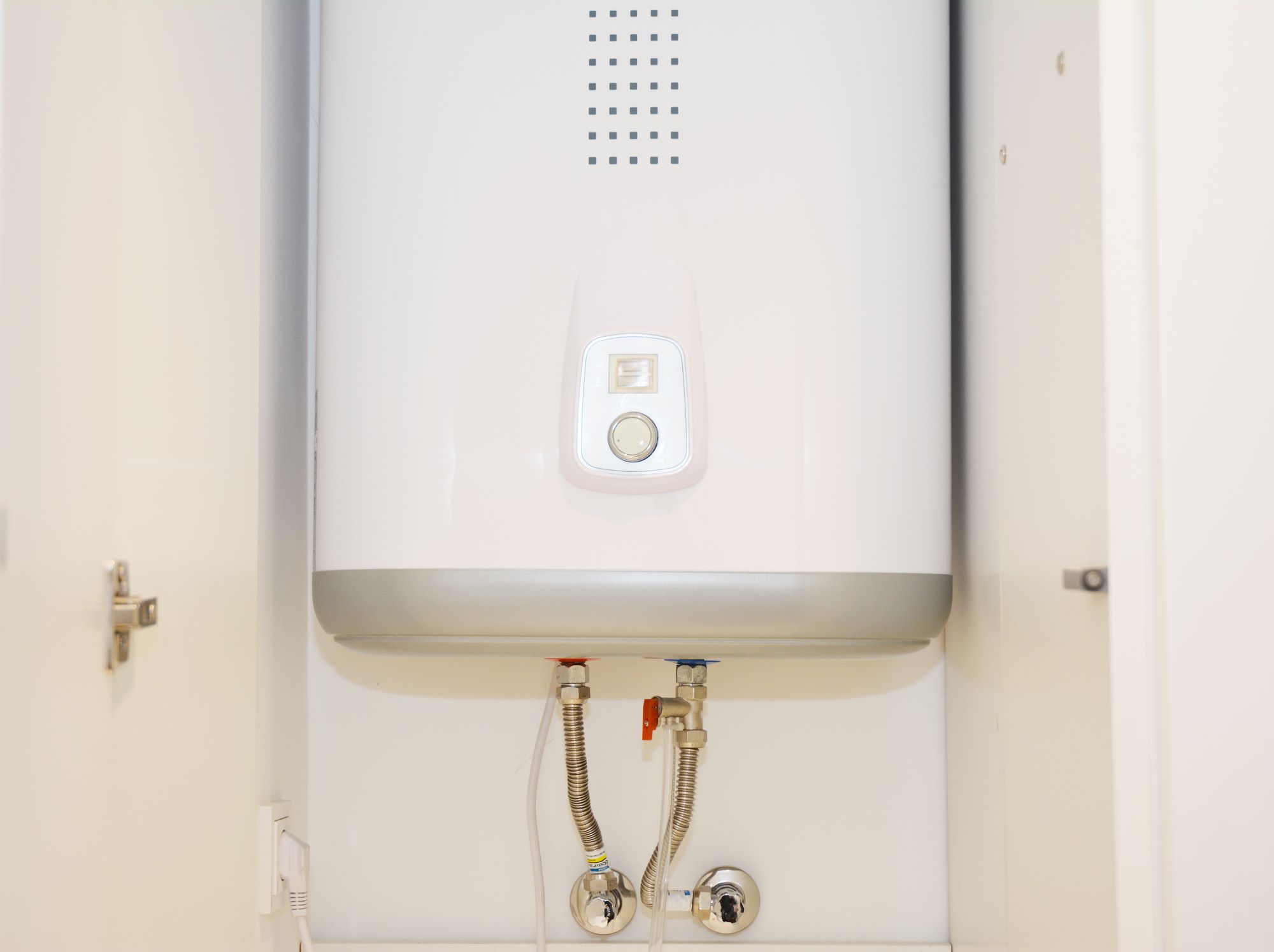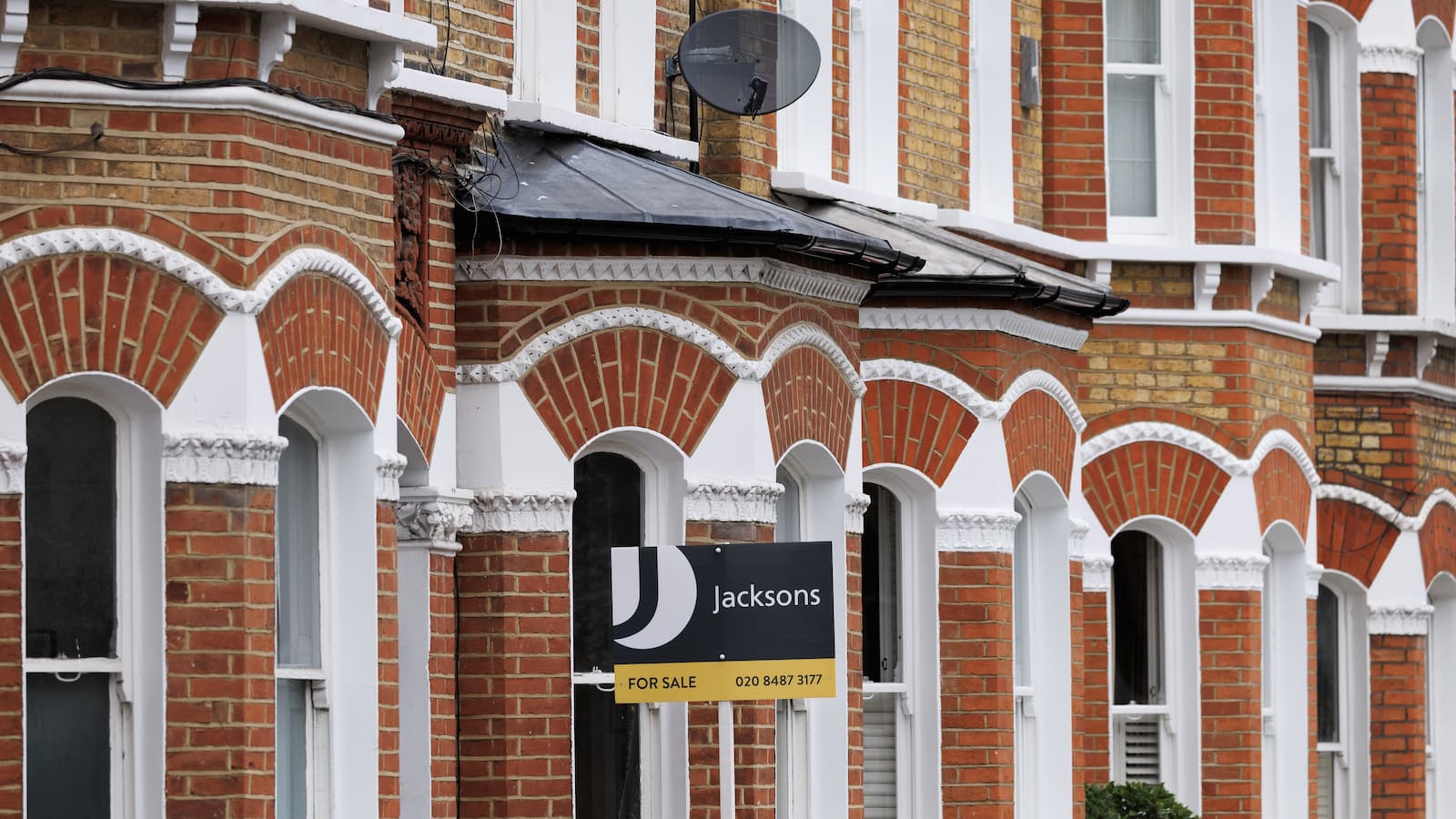Gas boiler alternatives: Which system should you choose for your home?
With gas boilers being phased out, it is worthwhile taking a closer look at the alternatives out there to replace them. Here we explain the options

Installing natural gas boiler alternatives can have wide-ranging benefits for homeowners, including lower energy bills and a reduced carbon footprint, but with so many systems available, how do you know which one is right for your home?
Roughly 80% of UK homes are heated with natural gas boilers, but the government has targeted 2035 as a cut-off date for installations of these boilers in existing homes.
Instead, the government is advocating the take-up of air source heat pumps and ground source heat pumps to help the UK reach net zero. It has pledged that 600,000 heat pumps will be installed per year by 2028.
Making the switch from natural gas boilers to cleaner systems will be an important step towards net zero, and there is a wide range of alternatives to choose from. In this guide we’ll look at the systems available, how they work, and the benefits of choosing greener heating systems.
What are the benefits to gas boiler alternatives?
There are four key benefits to swapping your natural gas boiler for a low-carbon heating system:
- You’ll have lower bills: Lower-carbon heating systems typically cost less to run than natural gas boilers, and seeing as around 60% of average energy bills for the year come from gas boilers, according to Viessmann, upgrading a more efficient alternative could help with your monthly outgoings.
- You’ll use less energy: Most new gas boilers can be up to 95% energy efficient but boilers that are over 10 years old could have a drop of around 30%. Opting for a renewable heating system, such as a heat pump, which delivers more heat energy than the electrical energy it consumes, means you’ll waste less energy.
- They’re better for the planet: Low-carbon heating systems do what they say on the tin: they emit less carbon, utilising cleaner and sustainable sources of power.
- They’ll futureproof your home: Not only will a low-carbon heating system reduce the risk of carbon monoxide building up in your home, but you’ll be future-proofing and adding value to your house.
What gas boiler alternatives are there?
Air source heat pumps, ground source heat pumps and biomass boilers are all available on the Boiler Upgrade Scheme, which provides homeowners with grants up to £6,000 towards the cost of installation.
Air source heat pumps
Air source heat pumps (ASHPs) use a small amount of electricity, captured from the air, to absorb the natural heat from a cold place and replace it in a warmer one.
They have comparatively low running costs to natural gas boilers, but they can be expensive to install without funding (more on this below).
They work very efficiently in homes with good insulation and airtightness, but they might not be suitable for every home without certain changes to your home - for example, you’ll need to have exterior space for the heat pump and interior space for the hot water cylinder.
Cost: Air source heat pumps installation costs can range between £12,000-£17,000, according to EDF Energy, while Octopus Energy put its lowest ASHP installation at £8,000.
Ground source heat pumps
Ground source heat pumps (GSHPs) harness natural heat from the ground which is then distributed into your home's heating system.
Running costs are likely to be around 45% lower compared to a natural gas boiler, according to energy expert and Homebuilding & Renovating contributor Tim Pullen, but, like with ASHPs, they can be expensive to install.
They are generally only suitable for homes with outdoor space for tubes that need to be buried below ground and the interior space for the hot water cylinder.
Cost: A basic ground source heat pump costs between £2,000 to £15,000, depending on size and brand, according to Pullen.
Hybrid solar panels
Hybrid solar panels combine the technology of solar PV and solar thermal panels to produce both heat and electricity.
The panels have pipes built-in to the collector (which has refrigerant inside that absorb the sun’s energy), as well as fluid circulating between the water cylinder and the collector. This means that as the sun shines on the panel the light is absorbed by the PV cells and the heat is absorbed by the solar thermal element.
These panels are ideal for homes with smaller roofs because they do not take up as much space as PV or thermal panels.
Cost: The cost will depend on factors such as the manufacturer, capacity of the system, components included and the installer. But energy expert and Homebuilding & Renovating contributor David Hilton says you can expect to pay around £10,000 for a 4kWp system.
Biomass boilers
Biomass boilers burn natural materials such as wood pellets, chips or logs to provide heating and power hot water boilers.
While burning wood may not seem that carbon-friendly, biomass boilers are a low-carbon system because they burn significantly less than fossil fuels.
Biomass boilers tend to be the size of a four-drawer filing cabinet, which you will need storage space for. You will also need somewhere to store your fuel and keep it dry.
Cost: Hilton says that a fully automated wood pellet boiler installed using a typical weekly hand feed option should cost between £11,000 and £15,000, while a fully installed automated system with pellet hopper and delivery fuel system would typically cost between £20,000 and £25,000.
Hybrid heat pumps
Hybrid heat pumps offer a halfway house if you’re looking to replace your boiler. They essentially comprise a heat pump and another heat source (such as a boiler) that are combined into one system.
They work according to predetermined settings which change between the two different heat sources. For example, you could have your boiler providing your hot water and the heat pump providing space heating.
In homes where a heating system is already installed it may make a lot of sense to go for a hybrid solution. And hybrid heat pumps are very well suited to older properties that may require higher heating system temperatures for colder days in winter.
Cost: Some pre-manufactured hybrid products range from around £5,000 upwards for the materials, then the installation costs will depend on whether significant changes are required to your pipework and the radiator sizes.
Infrared heating panels
Infrared heating panels offer an easy-to-fit alternative to a central heating system. The panels emit infrared energy which is absorbed into solid objects, and the thermal mass of these objects have the ability to hold three times more energy than air. This means that infrared heating will level out any rises and dips in your home’s temperature.
Cost: Standard infrared heating panels cost between £120 and £180 each. However panels with more complex designs will cost between £300 and £500.
Hydrogen-ready boilers
Hydrogen-ready boilers run on natural gas and a 20% blend of hydrogen, and are undergoing trials in the UK to assess their safety and efficacy. They will also have the capability to run on a 100% hydrogen gas network. It is thought that hydrogen-ready boilers could be rolled out between 2023-2025.
What financial assistance is available?
The aforementioned Boiler Upgrade Scheme is one of many air source heat pump grants (which covers funding for biomass boilers, too, as well as ground source heat pumps) and you can find additional ground source heat pump grants.
If you live in Scotland, you can apply for £7,500 towards the cost of a new heat pump under the Home Energy Scotland Grant and Loan scheme.
There’s also some solar panels grants you can utilise to help lower the cost of installation.
Get the Homebuilding & Renovating Newsletter
Bring your dream home to life with expert advice, how to guides and design inspiration. Sign up for our newsletter and get two free tickets to a Homebuilding & Renovating Show near you.
Jack has worked in journalism for over a decade and was the former News Editor of Homebuilding & Renovating between 2019 until 2023. In his time as News Editor he broke the most relevant and beneficial stories for self builders, extenders and renovators, including the latest news on the construction materials shortage, planning permission and green initiatives. In 2021 he appeared on BBC's The World at One to discuss the government's planning reforms.
He enjoys testing new tools and gadgets, and having bought his first home in 2013, he has renovated every room and recently finished a garden renovation.

